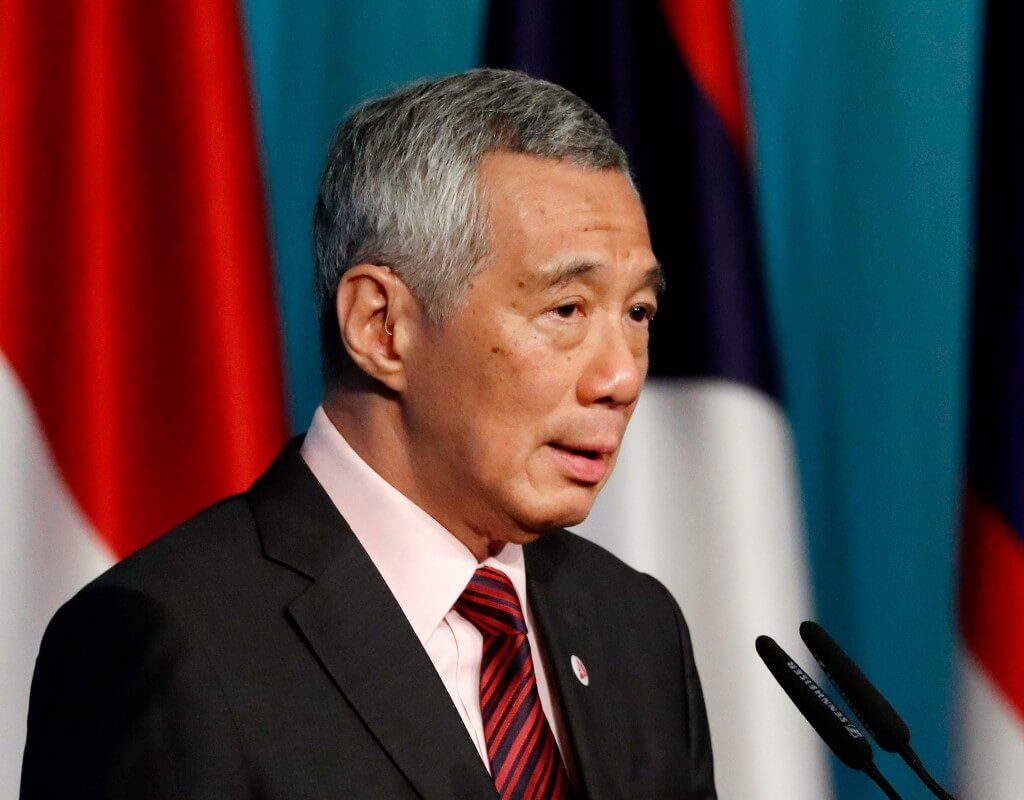What just happened? SingHealth, Singapore's largest health institution experience a cyberattack in which 1.5 million personal profiles were stolen, including the prime minister. This is the largest cyberattack the country has ever experienced and evidence points to the hack being state-sponsored and politically motivated.
In what has been called "the most serious breach of personal data" in the country's history, Singapore was hit with a devastating cyberattack that targeted the personal health profiles of 1.5 million people, including Prime Minister Lee Hsien Loong himself.
"Investigations by the Cyber Security Agency of Singapore (CSA) and the Integrated Health Information System (IHiS) confirmed that this was a deliberate, targeted and well-planned cyberattack," the Singapore government said in a statement.
While the exact culprits are not known, local media believes it was the work of state-sponsored actors and "not the work of casual hackers or criminal gangs". Hackers targeted SingHealth, the largest health care institution in Singapore.
Prime Minister Lee, who the Ministry of Health said was targeted specifically, reacted in a Facebook post:
"I don't know what the attackers were hoping to find. Perhaps they were hunting for some dark state secret, or at least something to embarrass me. If so, they would have been disappointed. My medication data is not something I would ordinarily tell people about, but there is nothing alarming in it."
The country's Ministry of Communications stated that a "Committee of Inquiry" would be created to strengthen the government's cybersecurity against future attacks. The Singapore government also assuaged fears that the medical records were not tampered with or otherwise altered. Also, none of the diagnoses or test results were stolen, just the personal profiles. This information is typical personal identifiable information (PII) such as names, date of birth, gender, addresses, and race. Affected persons will be contacted over the next five days.
This recent attack only highlights the rising number of cyberattacks, particularly against health institutions. Numerous hospitals in Europe and the United States were hit with a rash of ransomware attacks last year. The particular exploit seems to have come from one of the NSA exploits leaked called Eternal Blue.
Even with the increased cybersecurity posture, it's unknown if Singapore would be able to stop another round of attacks, especially if they have the backing of a state actor. Even the most hardened defenses can fall to a particularly vigilent state-sponsored hacker. If this SingHealth hack was indeed targeted at Prime Minister Lee for political purposes, it's only a matter of time before the attackers try again.
